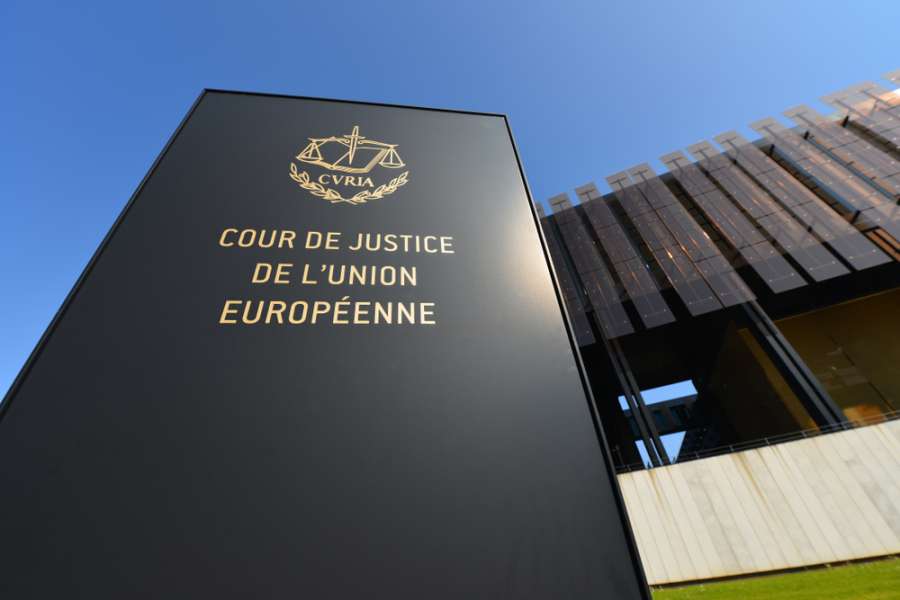Many e-commerce sites use payment buttons such as "pay now", "confirm order," or "checkout" as a way of the customer confirming they wish to place their order. As customers have become accustomed to this practice, the essential nature of such buttons in digitally forming the contract between the customer and the trader should not be underestimated.
The wording that should be used on such buttons has been scrutinised by an EU case (Fuhrmann-2-GmbH v B 2022). The case involved the popular travel website booking.com, which used the wording "complete booking" on its payment confirmation button.
However, under EU consumer law, a consumer is not bound by a contract if a button used for online orders is not labelled in an easily legible manner. Either the words "order with obligation to pay" or with other unambiguous wording making clear that placing the order results in an obligation on the customer to pay must be used.


